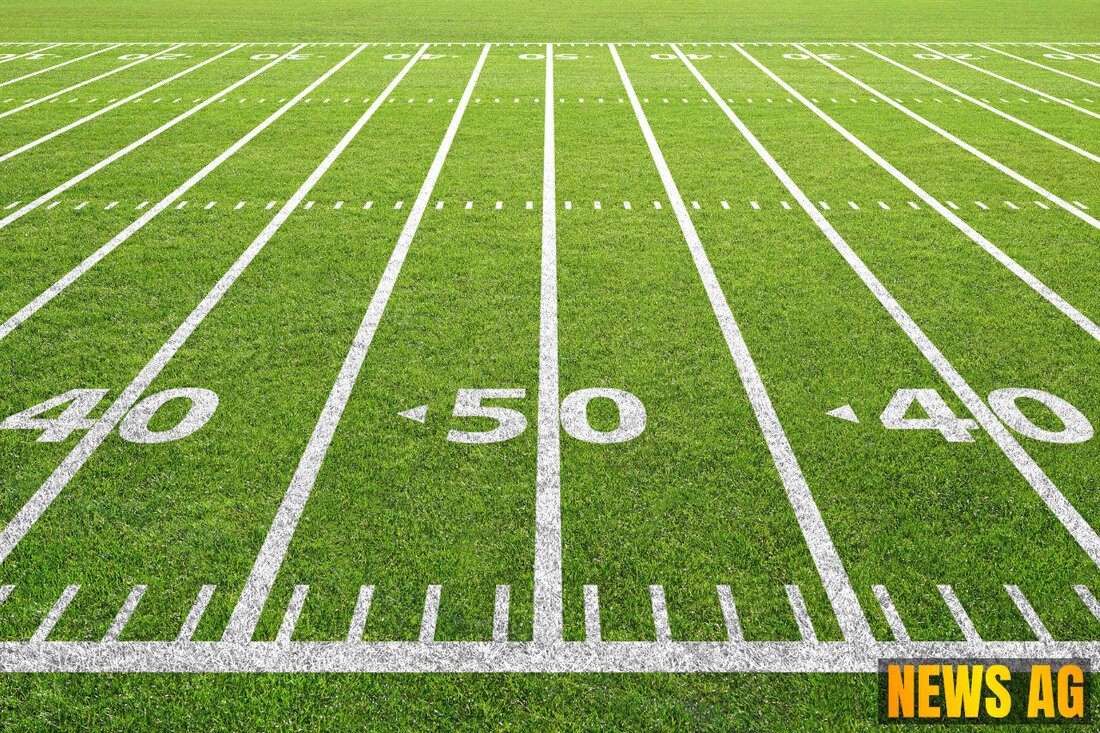Wisconsin Sues Miami Over Transfer Controversy Involving Xavier Lucas

Coral Gables, USA - The sports world has been buzzing recently, particularly with the University of Wisconsin filing a lawsuit against the Miami Hurricanes over the recruitment saga involving cornerback Xavier Lucas. This case is raising questions not only about player transfers but also about the broader implications for college athletics in a rapidly changing landscape.
According to SI.com, Lucas sought to transfer to Miami after a family health emergency arose in South Florida. However, Wisconsin did not allow him to enter the transfer portal, aiming to enforce a two-year revenue-share agreement with him that was set to begin on July 1. In a twist to bypass the portal restrictions, Lucas unenrolled from Wisconsin, subsequently enrolling at Miami.
Legal Tensions Rise
Wisconsin’s lawsuit claims that Miami interfered with their contract with Lucas by making impermissible contacts, a charge that has gained support from the Big Ten Conference. They assert that all parties must respect contractual obligations in collegiate sports. The Badgers are seeking unspecified financial damages and a declaratory judgment, with Lucas himself not being named in the suit. This case could set some precedents for how transfer protocols are handled in the future.
Interestingly, this new controversy surfaces amidst a larger framework of legislative changes within college sports. Following the recent House settlement, which was announced on June 6, athletes are now set to benefit from increased revenue sharing, a move that many see as a pivotal shift toward treating athletes more like employees rather than mere students. As highlighted by The Tennessean, there are growing calls for collective bargaining rights for athletes to ensure fair compensation for their contributions.
Changes in the Air for College Athletics
This legal struggle unfolds at a time when college sports are grappling with the complexities surrounding Name, Image, and Likeness (NIL) deals. Critics argue that existing regulations are proving to be ineffective, with the classification of college athletes as employees and the need for a transparent collective bargaining system being touted as pivotal steps. Fans are advised to take notice, as the stakes have never been higher.
On another front, significant developments have emerged from courtrooms in California as well, where the NCAA and its major conferences face class-action lawsuits aimed at redefining athlete compensation. According to information reported by NCAA.org, the proposed settlement could see about $2.78 billion in back payments spread over a decade, alongside enhanced NIL benefits for student-athletes.
The possible reformation of scholarship limits also comes into play, moving toward roster limits that would allow institutions greater flexibility to offer additional scholarships. This could lead to a potential windfall of $1.5 billion to $2 billion in new benefits for student-athletes annually—a dramatic shift that underscores the evolving nature of college athletics.
Looking Ahead
While the Wisconsin-Miami lawsuit unfolds, the path forward for college sports remains convoluted. Fans and stakeholders alike must remain vigilant amidst these sweeping changes and legal challenges, as we’re witnessing a renaissance in collegiate sports that could redefine how athletes are valued and compensated. There’s a lot more cooking in the cauldron of college athletics, and it promises to be an intriguing watch in the coming months.
| Details | |
|---|---|
| Ort | Coral Gables, USA |
| Quellen | |
